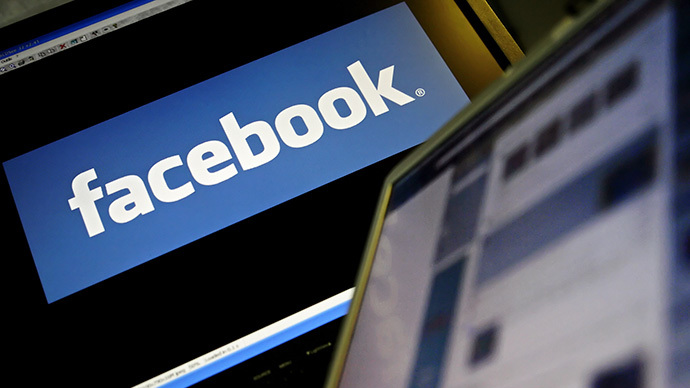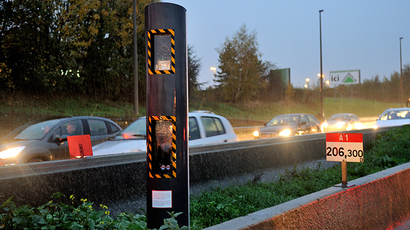Facebook manipulated users' emotions as part of psychological experiment – study

Facebook conducted a psychological experiment on its users by manipulating their emotions without their knowledge, a new study reveals.
Researchers toyed with the feelings of 689,003 randomly selected
English-speaking Facebook users by changing the contents of their
news feed, according to a paper published in the June edition of the journal
'Proceedings of the National Academy of Scientists' (PNAS).
During a week-long period in January 2012, researchers staged two
parallel experiments, reducing the number of positive or negative
updates in each user's news feed.
"When positive expressions were reduced, people produced
fewer positive posts and more negative posts; when negative
expressions were reduced, the opposite pattern occurred. These
results indicate that emotions expressed by others on Facebook
influence our own emotions, constituting experimental evidence
for massive-scale contagion via social networks," said the
authors of the paper, who include researchers from Facebook,
Cornell University, and the University of California.
“We also observed a withdrawal effect: People who were
exposed to fewer emotional posts (of either valence) in their
News Feed were less expressive overall on the following
days.”
The researchers indicated that the successful study is the first
to find that moods expressed via social networks influence the
emotions of others.
“These results suggest that the emotions expressed by
friends, via online social networks, influence our own moods,
constituting, to our knowledge, the first experimental evidence
for massive-scale emotional contagion via social networks, and
providing support for previously contested claims that emotions
spread via contagion through a network.”
The Facebook users were not notified of the experiment. However,
according to Facebook's terms of service (to which every person
agrees when they register on the social network), users’ data may
be used “for internal operations, including troubleshooting, data
analysis, testing, research and service improvement.”
The researchers argue that their experiment was consistent with
Facebook’s Data Use Policy.
The paper also stated that the researchers never saw the content
of the actual posts; instead, they relied on a computer which
counted the occurrence of positive and negative words in more
than three million status updates. Those posts contained a total
of 122 million words; four million of those were positive (3.6%)
and 1.8 million were negative (1.6%).
The significance of the research was reduced to a very small
percentage, as the “emotional contagion” was estimated at only
0.1 percent. However, one can argue that with more than 1.3
billion Facebook users worldwide, that small percentage still
includes a significant amount of people.














